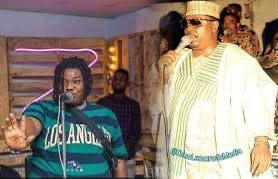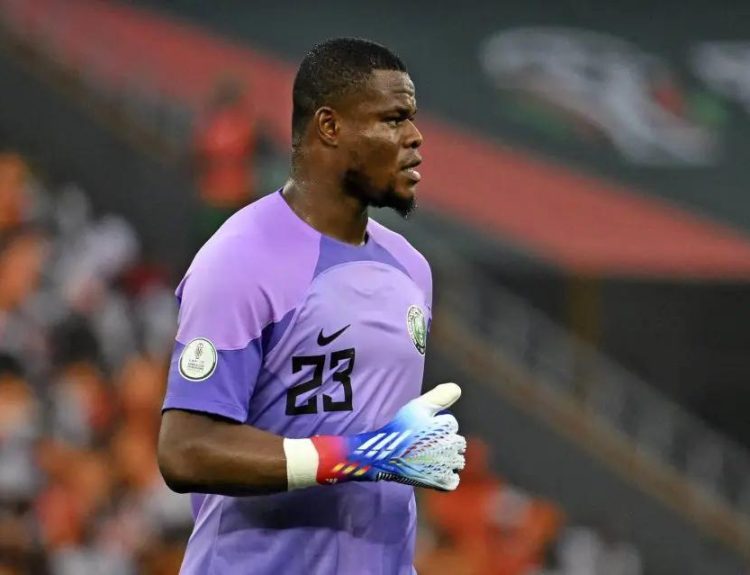By Tajudeen Aliyat
In the rich, rhythmic heart of Nigeria’s music history, legacies are not just inherited, they are transformed. Such is the story of Barry Jhay, the son of Fuji icon Alhaji Sikiru Ayinde Barrister, whose life and music embody the bridge between two generations, two genres, and two eras.
With one foot rooted in the timeless depth of Fuji, and the other stepping boldly into the fluid world of Afrobeat, Barry Jhay is not just carrying his father’s torch, he’s lighting new paths with it.
Alhaji Barrister, the revered pioneer of Fuji music, was more than a performer, he was a griot, a philosopher, and a cultural custodian. Through his groundbreaking use of Yoruba proverbs, layered percussion, and lyrical storytelling, he elevated Fuji from the streets of Lagos to national prominence. His songs weren’t just sounds; they were sermons, social critiques, and symbols of Yoruba identity. For decades, Barrister’s voice served as a guide for listeners navigating life, politics, and spirituality.
But even legends pass the mic.
Enter Oluwakayode Junior Balogun, professionally known as Barry Jhay, who burst onto the scene with “Aiye” in 2018. A striking debut, Aiye was more than a song; it was a soulful declaration of intent. With its introspective lyrics and spiritual tone, it echoed his father’s essence while ushering in a fresh, modern voice. Barry didn’t just inherit a legacy, he absorbed it, reinterpreted it, and began crafting his own sound.
“My father’s music taught us lessons,” Barry once said. “It wasn’t about trends. It was about truth.”
And that truth continues to echo in Barry’s discography. Tracks like “Only You,” “Muje,” and “Kabiyesi” blend contemporary Afrobeat melodies with traditional Yoruba themes, offering listeners an experience that is both familiar and forward-thinking.
Unlike many of his peers, Barry Jhay doesn’t chase club hits. He seeks resonance. His lyrics often speak of faith, struggle, grace, and destiny, core themes that also defined his father’s music.
Yet, Barry is no replica. While Barrister’s sound was percussion-heavy and performance-driven, Barry leans into minimalism, stripped-down beats that allow his voice to shine.
Where Barrister’s tone was commanding and authoritative, Barry’s is soulful and contemplative. This contrast is not a divide; it’s a dialogue, a generational conversation unfolding through music.
Their stories are also intertwined by struggle. Barrister rose from humble beginnings to become a legend. Barry, though born into greatness, has had to fight for his own place in a fast-paced, trend-driven industry. He’s faced personal losses and public challenges, but through it all, music has remained his anchor.
In an era where musical identity often bends to algorithmic trends, Barry Jhay offers something rare: continuity. He stands at the intersection of legacy and innovation, proving that indigenous music doesn’t have to be archived, it can evolve. Through his work, the spirit of Fuji lives on, not as nostalgia, but as a living, breathing influence on today’s sonic landscape.
As Nigeria’s music continues to captivate the world, it’s artists like Barry Jhay who remind us that behind every beat is a story and behind his rhythm is the voice of a father who sang the first verse.












